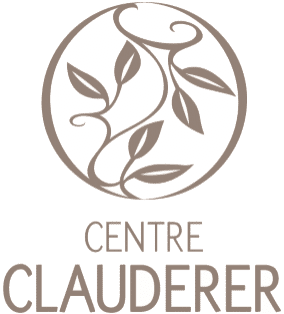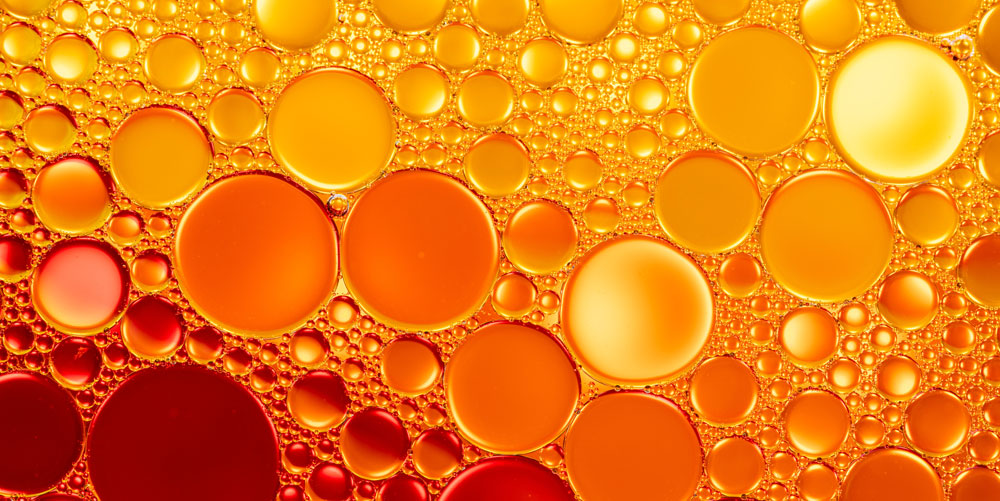The benefits of omega-3s are numerous for ironclad health. As well as helping the body to fight cardiovascular disease, osteoarthritis and dehydrated skin, they also work wonders on the hair, particularly hair loss.
Omega 3s: what exactly are they?
Omega 3 is one of the essential polyunsaturated fatty acids (EFAs) that are vital for the body to function properly. As a reminder, EFAs are a category of fatty acids that the body is unable to manufacture. An external contribution through food is therefore required for the body to synthesise them and cover its needs. Omega 3s contain alpha linolenic acid (ALA), docosahexaenoic acid (DHA) and eicosapentaenoic acid (EPA).
The health benefits of omega-3 are countless. Firstly, they help the body to prevent and reduce the risk of cardiovascular disease by increasing levels of good cholesterol. Good cholesterol enables excess cholesterol deposited in the arteries to be channelled to the liver for elimination.
Omega 3 contributes to organ development. On the cerebral level, they optimise memory and learning. They also help prevent disorders such as dementia and dyslexia. Its nourishing properties also play an essential role in the fight against skin ageing. A natural anti-inflammatory, omega 3 also boosts the immune system.
Omega 3: what are the benefits for hair?
Hair naturally benefits from the advantages of Omega 3. Above all, they provide proteins as well as the nutrients hair follicles need for healthy, strong hair. By preventing inflammation of the hair follicles and keeping the scalp perfectly healthy, these essential fatty acids help combat hair loss.
It's important to know that a deficiency in omega 3 causes dry skin and scalp. As a result, hair becomes very dry, dull and brittle, and rapidly loses its elasticity. By promoting blood circulation in the scalp, omega 3 helps hair to grow.
How can omega-3 be used to treat hair loss?
The recommendations of the World Health Organisation
To meet the body's omega-3 requirements, the World Health Organisation recommends consumption of 0.8 to 1.1 grams of ALA-type omega-3 per day. For EPA and DHA omega-3s, on the other hand, the recommended daily intake is 500 milligrams.
Favour foods rich in omega 3
Omega 3 is present in a number of foods. You'll find them in vegetables such as lamb's lettuce, cabbage, watercress, green salad and spinach. Rabbit, game and snails also contain high levels of omega 3. Certain vegetable oils are also excellent sources of omega-3s, particularly ALA-type omega-3s. These include rapeseed oil, linseed oil and walnut oil.
To take advantage of the health benefits of these fatty acids, The easiest way to use rapeseed oil is as a dressing. It can also be used in cooking, as long as it is not burnt. Flaxseed oil is the only oil that contains more omega 3 than omega 6. For these two types of oil, which are rich in omega-3s that are good for the hair, the recommended daily intake is one tablespoon.
Oily fish such as herring, anchovy, salmon, mackerel and sardines are other sources of omega-3s that should not be overlooked. To cover the body's needs, we recommend eating them 2 or 3 times a week. The same applies to certain shellfish, such as crab, crayfish and clams.
Take omega-3-based food supplements to treat hair loss
Omega 3 is also available in the form of food supplements. Generally speaking, Omega 3 capsules are made from fish oil and cold sea fish liver extract, rich in the omegas EPA and DHA.
A course of omega-3 to treat hair loss 2 capsules a day, the equivalent of 500 milligrams. If your hair tends to grow quite slowly, a dietary supplement containing other essential nutrients such as copper, zinc, B vitamins and magnesium is preferable.
Cod liver oil, good for the hair
Cod liver oil is known for its high content of omega 3 DHA and EPA. It acts directly on the hair follicles by strengthening it. The product then helps to slow hair loss and leave it stronger, more supple and shinier.
In the past, cod liver oil, which often leaves a rather unpleasant odour, was applied directly to the hair and scalp. Today, it is available in the form of food supplements packaged in capsules. A course of treatment lasting 3 to 5 months is recommended for the best results in terms of hair health.
Answers to your questions about omega-3 and hair
How can you tell if you're lacking in omega-3s?
There are several signs of omega-3 deficiency. The first sign is particularly dry, irritated skin. Hair is also dry, fragile and brittle. A person lacking in omega 3 easily puts on weight. These signs are compounded by dry eyes and depression.
Which foods contain omega 3?
A number of foods have a high omega-3 content. These include cabbage, lamb's lettuce, spinach and game. Flaxseed oil, rapeseed oil and walnut oil, not to mention oily fish such as herring, anchovy and salmon, are also excellent sources of omega-3s.
Does omega-3 make you slim?
Weight gain is the direct result of an imbalance between omega-6 and omega-3 intake. While omega-6s, which are found in the vast majority of foods, promote weight gain, omega-3s tend to produce the opposite effect. A deficiency of omega 3, on the other hand, leads to chronic inflammation of low intensity and thus encourages weight gain.

